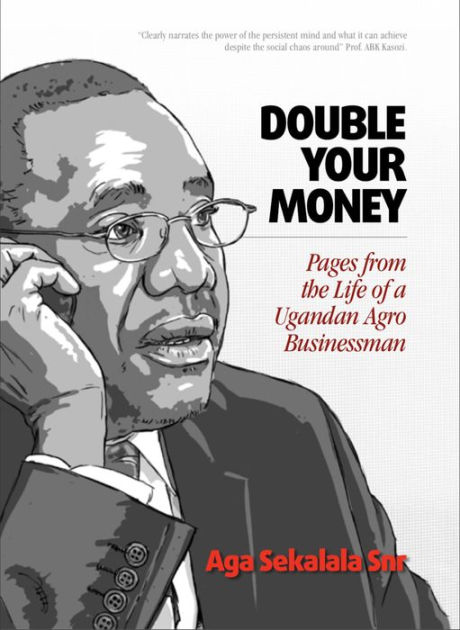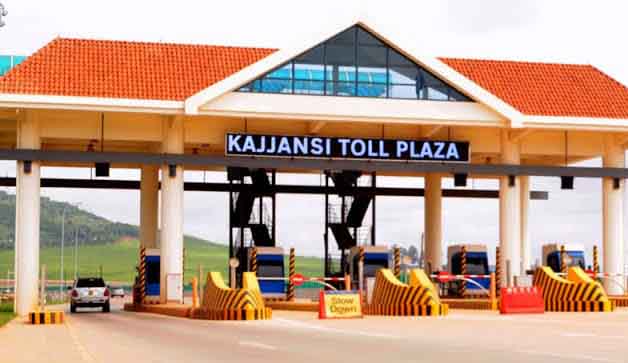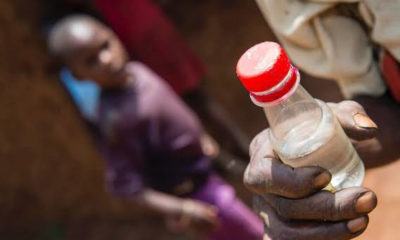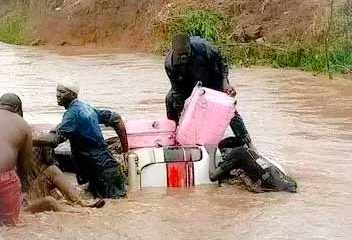Brian Mukalazi
Uganda@60: It’s a story of shared dreams and struggles
In his 2019 autobiography titled, Double Your Money: Reflections on the Life of a Ugandan Agro Businessman, Aga Sekalala Snr paints a wonderful, intriguing picture of personal and business life in Uganda, both at independence and post-independence.
He recalls working alongside his father – as a child – in a makeshift coffee processing business in the 1950s. He narrates his struggles with finding his first job and settling in Kampala after coming back from London in the 1960s shortly after independence.

He goes ahead and tells us how he met and married his wife. “I did not have any pre-wedding meetings, or fundraising drives, in preparation for my wedding. I had planned to use the money overpaid to my scholarship …which was about 3,000 shillings. I invited only 15 people…”, he says.
He describes his time working for The Management Training and Advisory Center (MTAC) and how he used his creativity and diligence to rise to the highest office. And how he left this comfortable, well-paying job in 1972, when then president Idi Amin Dada, expelled Asians from Uganda, for the world of business.
He also gives a detailed account of the difficult economic times he has experienced over the past six decades right from his first business (a fuel outlet along Parliamentary Avenue) to others that he has established to-date, most notably Ugachick.
Well, many of our readers could argue that Aga Sekalala Snr is by no means an ordinary Ugandan as he is ranked among the most successful people in the country. That is true. But if you read his book, especially the not-so-old people, you get a clearer understanding of the ‘then and now’ of our country.
The times have obviously changed but some things have almost remained intact. In my opinion, the dreams, aspirations and struggles of present-day Ugandans, are not significantly different from those who lived by 1962.
Like the Aga Sekalala Snr of the 1960s, we have millions of young people today with deep entrepreneurial spirit and business acumen. We still have honest and resilient people who want to get ahead in life. But again, we still battle with similar challenges of unemployment, loose economic institutions and moral failure, among others.
For many years, Uganda has demonstrated strong entrepreneurship, innovation and investment potential. One recent notable showcase of this was the resilience of a number of start-ups that weathered the storm as Uganda and the world quaked under the Covid-19 global pandemic. The ingenious innovations and swift solutions devised during this period have demonstrated the power of this potential.
But on the flip side, I have also realized that, in our country, it is much harder to stay in business than starting it. It is harder to keep a company’s momentum, to shift its speed and to alter its direction. It is harder to make decisions, because so many additional factors have to be considered and it is harder to get them executed.
In the 1960s, a man’s wealth was measured by the size of his herd, coffee or banana plantations, which were largely handled on a subsistence basis with rudimentary tools. Many livelihoods were dependent on land than on paid work. Today, the situation is not any different, only that land is scarcer with worse environmental conditions and agriculture is a harder undertaking.
Although agriculture continues to employ some 70 percent of Uganda’s labour, its contribution to the country’s GDP has shrunk. Its growth has been muted by the long-known issues of limited commercialization, value-addition and trade.
Diseases such as HIV/AIDS continue to ravage Ugandan communities even after 40-or-so years since its discovery. The difference is that public attitudes towards AIDS have transitioned from fear, horror and dread, to familiarity and seeing it as just another infectious disease, in light of the arsenal of drugs developed to suppress it.
But while it is easy to forget the shocking sight of the first AIDS patients in the 1980s and the dismay they provoked, present-day Ugandans cannot forget or ignore the recent run of pandemics and epidemics (COVID-19, EBOLA, etc.) experienced despite the extraordinary advances in medical science. We can’t be complacent about the threat of these new diseases.
Ugandans, we have surely come from afar. We have been through civil wars, plagues and epidemics and all sorts of economic and political downturns. But not all is doom and gloom because over the years, we have also had some key achievements, say with women emancipation (where women and girls have been given more opportunities to thrive), economy, political stability and infrastructure development.
Perhaps the core difference between the Uganda of now and then is the generational transition. Unlike 60 years ago, the world today is more volatile, uncertain, complex and ambiguous.
Therefore, as we celebrate these 60 years of independence, let’s reflect: Let’s accept our past mistakes. Let’s take these observations with grace and earnestness, let’s be eager to do the hard work of transformation, and let’s avoid the temptation of denial or defence. If we do not do some of these things, the consequences of our past will become more and more apparent in the journey ahead.
Comments




















